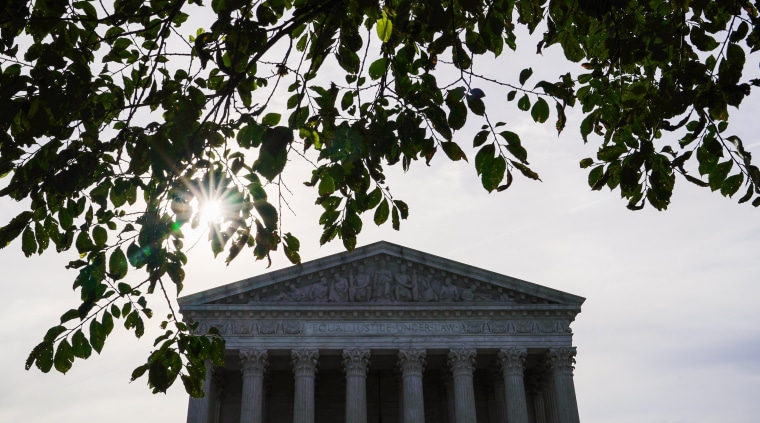WASHINGTON — The Supreme Court narrowed the reach of a federal computer crime law Thursday, ruling that someone authorized to use a computer system does not violate the law when accessing data for an improper reason.
The case involved a former police sergeant in Georgia who was offered money to look up a driver's license record. A man said he'd pay around $5,000 for information about the record of a woman he thought might be an undercover officer.
It turned out to be an FBI sting. After the policeman used a patrol car computer terminal to look up the record, he was arrested and charged with violating the 1986 Computer Fraud and Abuse Act. That law makes it illegal "to access a computer and to use such access to obtain or alter information in the computer that the accesser is not entitled so to obtain or alter."
By a 6-3 vote, the court ruled that the law covers only those who look into areas of a computer system that they're not authorized to access. It does not cover people like the police officer who "have improper motives for obtaining the information that is otherwise available to them."
The ruling overturned the police sergeant's conviction.
"Even though the ruling means he wasn't guilty of violating this law, he could have been charged with other crimes, such as embezzlement or theft," said Mark Rasch, a former Justice Department computer crimes prosecutor. "This law was aimed at hacking, and what the police officer did wasn't hacking,"
The decision was written by Justice Amy Coney Barrett and joined by two of the court's other conservatives, Neil Gorsuch and Brett Kavanaugh, and its three more liberal members, Stephen Breyer, Sonia Sotomayor, and Elena Kagan.
Any other reading of the law, they said, would "attach criminal penalties to a breathtaking amount of commonplace computer activity," such as using a work computer to send a private e-mail.
Rasch agreed. "The court had a choice between two readings of the statute. One would have made the majority of people who use the Internet into criminals. The other would not. It chose the latter."
Justice Clarence Thomas dissented, in an opinion joined by Chief Justice John Roberts and Samuel Alito. They said the majority's ruling means the law would not apply to a computer technician who has authority to access a celebrity's computer to fix a defective hard drive and who then copies and leaks pictures stored on the computer.
"Using a police database to obtain information in circumstances where that use is expressly forbidden is a crime," they said in their dissent.
Andrew Crocker, a senior staff attorney at the Electronic Frontier Foundation, a digital rights nonprofit, praised the court's decision.
"EFF has long fought to reform vague, dangerous computer crime laws like the CFAA," Crocker said in an emailed statement. "We're gratified that the Supreme Court acknowledged that overbroad application of the CFAA risks turning nearly any user of the internet into a criminal based on arbitrary terms of service."

